LLC12: LELACS (Lake Erie Latin American Cultural Studies)
About
LELACS (Lake Erie Latin American Cultural Studies) is a dynamic and interdisciplinary working group that brings together a broad coalition of colleges and universities with a shared focus on the field of Latin American Cultural Studies.
Open to New People
Active since: 2013
- Syracuse University
- Cornell University
- University of Rochester
- Colgate University
- Skidmore College
Collaborative Goals
- Foster connections between participants who specialize in relevant fields from institutions across Central New York and beyond.
- Bring renewed energy around Latin American scholarship in literary, artistic, and cultural studies.
- Solidify and deepen collaborations by organizing biannual meetings at rotating locations and inviting more colleagues and students from each of the participating institutions.
- Reach out to new colleagues at other Corridor institutions and non-Corridor institutions in Central New York.
- Create spaces to stay current with emerging perspectives and trends in the field.
Group Organizers
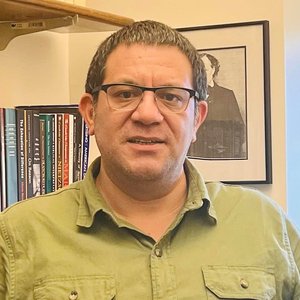
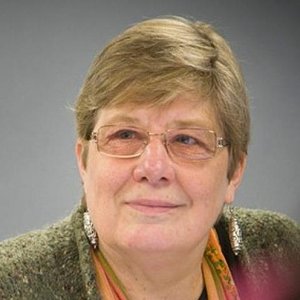
Debra Castillo
Stephen H. Weiss Presidential Fellow, Emerson Hinchliff Professor of Hispanic Studies, Cornell University
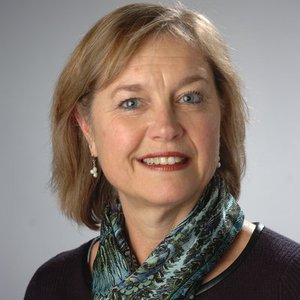
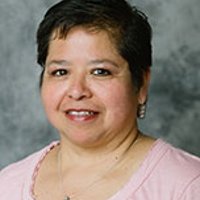
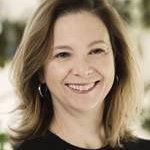
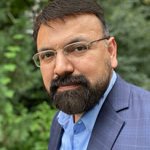
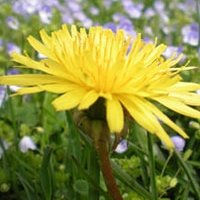
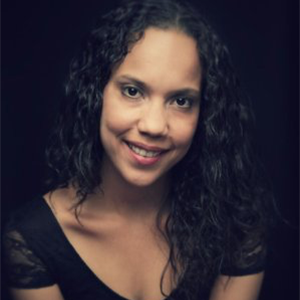
Vialcary Crisóstomo Tejada
Assistant Professor, Spanish and Comparative Literature, University of Rochester
Activities
Hispanic Studies in the Age of AI
Feb. 22, 2025, 9:30 a.m.
Travel and Language: Narrating the Immigrant Experience
March 18, 2023, 9:30 a.m.
Group Outcomes
We have expanded our collaboration network and decided to start a 'joint-venture' with the colleagues from SUNY Albany, Colgate and University of Rochester to curate and preserve our collections of testimonials in the form of family biographies, storymaps, family recipes, and community practices. We decided to proceed in order to form a common archive as a body to reinforce our tools for identity and community memory. Coming from diverse ethnic and national backgrounds reminded us as well the linguistic diversity where we come from. We are aware that our commitment has to go farther than the realities involving English and Spanish. Personally, I am committed to incorporate in my teaching and curriculum the topics shared and discussed in the last conference. The strong presence of my students and their own initiatives have encouraged me to build a stronger community that reflect the goals and achievement of Latino communities in the USA.